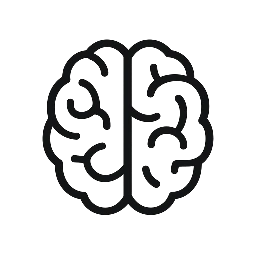The Role of Psychological Evaluations in Personal Healing
Psychological evaluations play a crucial role in personal healing by providing a structured and comprehensive assessment of an individual’s mental health. These evaluations are conducted by psychology professionals who use various tools and techniques to understand a person’s emotional, cognitive, and behavioural functioning. The insights gained from psychological evaluations can guide treatment planning, facilitate self-awareness, and promote overall well-being.
Understanding Psychological Evaluations
A psychological evaluation typically involves interviews, standardised tests, and behavioural observations. The purpose is to gather detailed information about a person’s psychological state, including mood, personality traits, thought patterns, and coping mechanisms. Evaluations can identify underlying mental health conditions such as depression, anxiety, trauma-related disorders, or personality disorders that may be impacting an individual’s life.
Enhancing Self-Awareness and Insight
One of the primary benefits of psychological evaluations is the enhancement of self-awareness. Individuals better understand their emotional responses, triggers, and behavioural patterns through the process. This increased insight can empower people to make informed decisions about their treatment and personal growth, fostering a sense of control and hope in their healing journey.
Guiding Treatment and Intervention
Psychological evaluations provide valuable information that helps clinicians tailor therapeutic interventions to an individual’s needs. By identifying strengths and challenges, mental health professionals can develop personalised treatment plans that address the root causes of distress rather than just symptoms. This targeted approach improves the effectiveness of therapy and supports long-term recovery.
Supporting Diagnosis and Monitoring Progress
Accurate diagnosis is essential for effective treatment. Psychological evaluations contribute to diagnosing mental health disorders by distinguishing between different conditions that may have similar symptoms. Additionally, repeated evaluations can monitor progress, allowing adjustments to treatment plans as needed to ensure continued healing and growth.
Reducing Stigma and Encouraging Acceptance
Engaging in psychological evaluations can also help reduce the stigma associated with mental health issues. By framing mental health as a medical and psychological concern that requires assessment and care, individuals may feel more comfortable seeking help and discussing their struggles openly. This acceptance is a vital step toward healing and resilience.
Conclusion
Psychological evaluations are a foundational component in the process of personal healing. They offer a detailed understanding of an individual’s mental health, promote self-awareness, guide effective treatment, and support ongoing recovery. By embracing psychological evaluations, individuals and clinicians can work together to foster healing, growth, and improved quality of life.



Leave a Reply